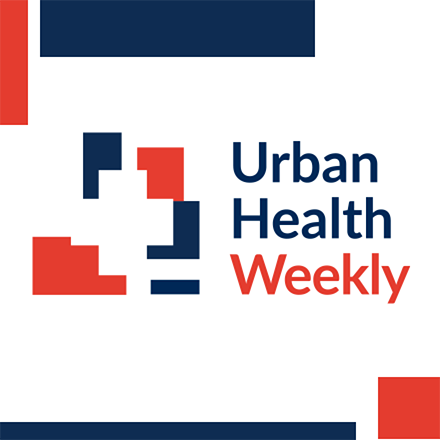
Heart Health
Advertisement
Living in marginalized neighborhoods significantly increases mortality risk, even within a universal healthcare system.
The study had several strengths, including a large, diverse population with extended follow-up.
Panelists call on fellow healthcare practitioners to create progress in reducing disparities in T2D over the next decade.
The results support that circadian misalignment, rather than meal-to-sleep interval, underlies the adverse glucose effects.
The panel explores the impact of health disparities on heart and kidney complications of T2D.
Patients in the Northeast showed the highest age-adjusted cardiovascular mortality rate.
Social determinants of health can create barriers to referrals, diagnostics, and treatment for type 2 diabetes.
Dr. Cory Rice talks about helping patients after they've stopped GLP-1 treatment but still have cardiometabolic challenges.
Male patients had more than double the mortality rate of women (11.2% vs. 5.5%)
This research suggests monitoring pulse rate complexity may help identify older adults at higher risk of cognitive decline.
Age influences myocardial flow reserve differently in men and women, with women showing a slower decline.
The study demonstrates a strong association between metabolic syndrome and young-onset dementia.
"... Though many newer therapies specifically target cancer cells, they can still interfere with heart function."
A new large-scale study suggests that statins may significantly reduce the risk of developing dementia,.
Hippocampal atrophy—associated with memory loss—was more pronounced in those with diastolic dysfunction.
The researchers also found that the risk of sudden cardiac death was significantly elevated in younger individuals.
Dr. Terra Wonsettler discusses the cardiotoxicity among cancer drugs and cancer patient awareness of these risks.
Organizations managing organ donations are prioritizing ease and speed over fairness, frequently employing "open offers."
This initiative is expected to eliminate up to 25% of all reauthorization requests
Dr. Terra Wonsettler talks about cardiotoxicity prevalence of cancer drugs among patients and accelerated drug approval.





















 © 2025 Mashup Media, LLC, a Formedics Property. All Rights Reserved.
© 2025 Mashup Media, LLC, a Formedics Property. All Rights Reserved.